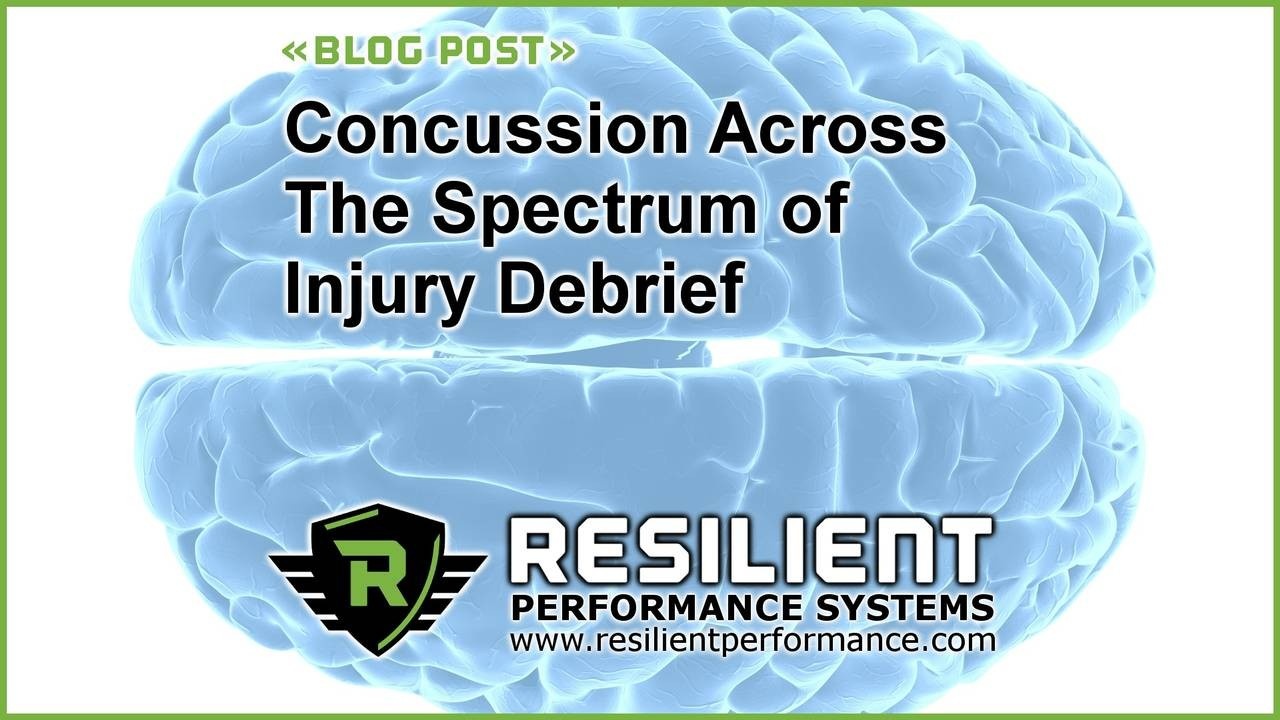
Concussion Across The Spectrum of Injury Debrief
I recently attended the “Concussion Across The Spectrum of Injury” conference at New York University. The conference featured talks by concussion thought leaders from specialties including neurology, pediatrics, orthopedic surgery, physical medicine and rehabilitation, optometry, athletic training, and physical therapy. The key takeaway from the conference was that concussion management requires multidisciplinary care because so many subsystems are affected by brain injury.
Like many areas of medicine, concussion management requires risk mitigation from incomplete information. Despite the incredible efforts of so many talented and devoted providers and breakthroughs in research and diagnostic imaging, there remains much to learn. Perhaps this is my overly simplistic interpretation but it seems as though we currently can’t directly treat brain injury itself so we must instead focus on symptom management and restoration of function. Following a brain injury, visual, vestibular, cognitive, and cardiac function- to name a few- are inhibited. Unlike the old paradigm that advocated mostly rest, the current thought process is that the earlier we can “exercise” the brain and begin to progressively overload the inhibited subsystems without symptom provocation, the better. Things like low level aerobic exercise, vestibular rehabilitation, and vision training effectively desensitize the brain and restore pre-injury levels of function and variability.
Acute injury generally decreases system variability (diminished physiological bandwidth allows for recovery and healing) so in principle, rehabilitating a brain injury is not much different than rehabilitating an orthopedic injury. Less is known about the former, however, so the rehabilitation isn’t as straightforward. It’s interesting though to see concussion specialists promoting active treatment earlier on. The brain and body crave movement and stress. The dosage is the tricky part but we’ll likely see less and less specialists in any field, be it orthopedics or neurology, who advocate complete rest following an injury even acutely.
Chronic concussion symptoms seem to be correlated with axonal degeneration that lingers even years after the initial insult. Byproducts of this axonal damage cross the blood brain barrier and can theoretically be detected via a blood test. Currently, blood markers alone are not sufficient to diagnose concussion or to dictate treatment. While there’s a lot of talk about CTE, essentially a degenerative brain disease caused by repeated head trauma, CTE can only be diagnosed through brain tissue analysis after death. Ultimately, pharmacological treatment might disrupt this process once more is known about the degenerative axonal cascade. In other words, we need to learn more about the cycle before we can break it and treat the brain injury directly.
In the meantime, functional outcomes are the only things that can be satisfactorily measured and systematically stressed/trained. Fortunately this knowledge void mainly hinders management of severe concussion. In less severe cases, we don’t necessarily need to totally understand the pathology to generate an effective treatment plan, a phenomenon we often encounter in conditions like non specific low back pain. As long as symptom provocation remains minimal the downside to attempting to restore function through progressive overload and the controlled application of stress is low while the upside is high even when complete understanding of the pathology is lacking.
Freebies and exclusive promos!
We won't share your info. Unsubscribe at any time.

